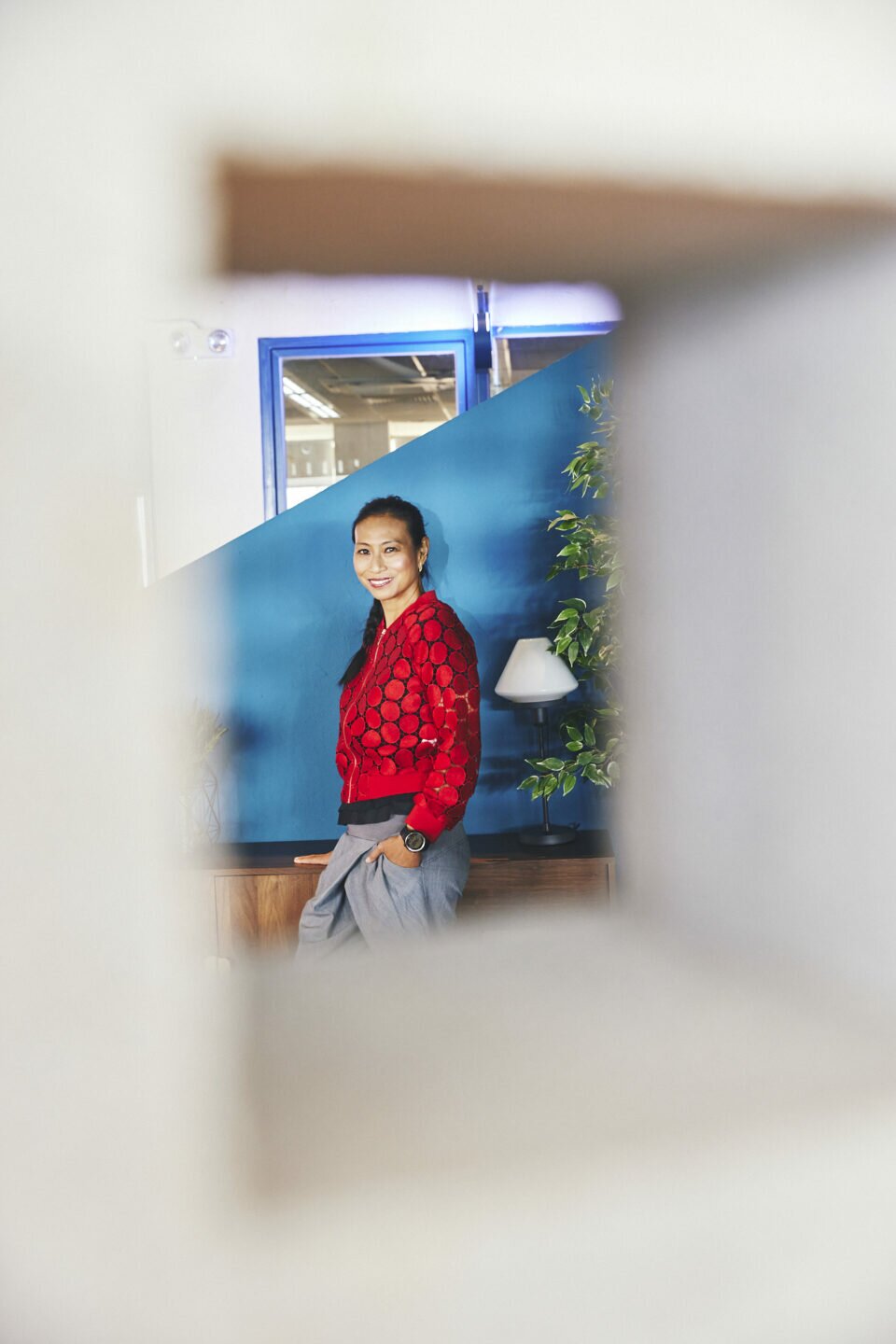As a charity, Playeum focuses on working with children from marginalised backgrounds and with varying disabilities to help them develop 21st century social emotional skills through play and the arts. Charlotte Goh, their executive director, takes us through the philosophy of play.
What is Playeum? And why the emphasis on play?
Playeum is a charity that champions for children’s voices, agency and the development of 21st century social emotional skills through play and the arts. We work with children to unleash their innate strengths, create opportunities to build confidence, creativity, imagination, critical thinking and more.
Playeum uses open-ended play opportunities and activities to scaffold a child’s play — we ask them questions, rather than give them the answers. We model rather than direct.
In Singapore, we don’t hold many safe spaces for failure — and failure is actually one of the key aspects for innovation and creativity. Through our play activities, failure happens. And in these smaller examples of failure, resilience is built and this allows the child to use that failure to see how they can do things differently to achieve their ideas, or flexibility and agility to see how their ideas can morph.
Many children today seem to spend more time playing with their gadgets than with what is around them. Does Playeum make any distinction between such modes of play?
There is a time for different modes of play. It also depends on what one does on those devices.
Our world is changing fast, and technology is such an enabler. Our children are using technology to connect and create. We cannot do without it. However, that does not mean they should spend all their time with a gadget. This deprives them of other experiences that they can enjoy, experience and grow from.
That said, I find parents who give devices to children during mealtimes aren’t allowing them to develop a healthy sense of community, sharing over a meal, learning to hold and have a conversation. Even if the child hasn’t yet learnt to speak, the number of cognitive and neural connections they experience and develop when they see, do, learn, by just watching the parents, their experience and focusing on playing and eating the food, being present at the meal, is tremendous. Their brain, when they are under five years old, is growing at a tremendous rate, and they are taking in so much of their surroundings. What experiences are we giving them? What habits are we forming?
It’s about striking a healthy balance — there is a time for nature play, for open-ended play, for playing in the great outdoors, for reading and for gaming.
Tell us more about #EverydayCreativity.
#EverydayCreativity is taking place from 18 November to 11 December 2021.
We are running a series of 15 experiential digital workshops, talks and play sessions for children and adults. We will have fireside chats with young teens who have built innovative products for the community, leaders who will share what creative leadership looks like during the pandemic and more. It is all free and attendees can make a donation if they wish. We are also asking Singapore to post creative moments, images, captured moments, ideas in everyday life and add the hashtag #EverydayCreativity to their posts.
We welcome donors or sponsors who are keen to support Playeum’s work. All donations will go to play programmes for children from marginalised communities in 2022, and all donors will be acknowledged at this festival. Please contact me at [email protected] and I’d be delighted to share more.
